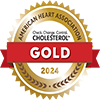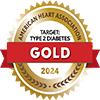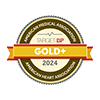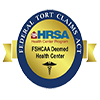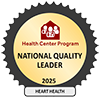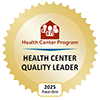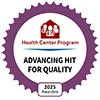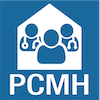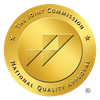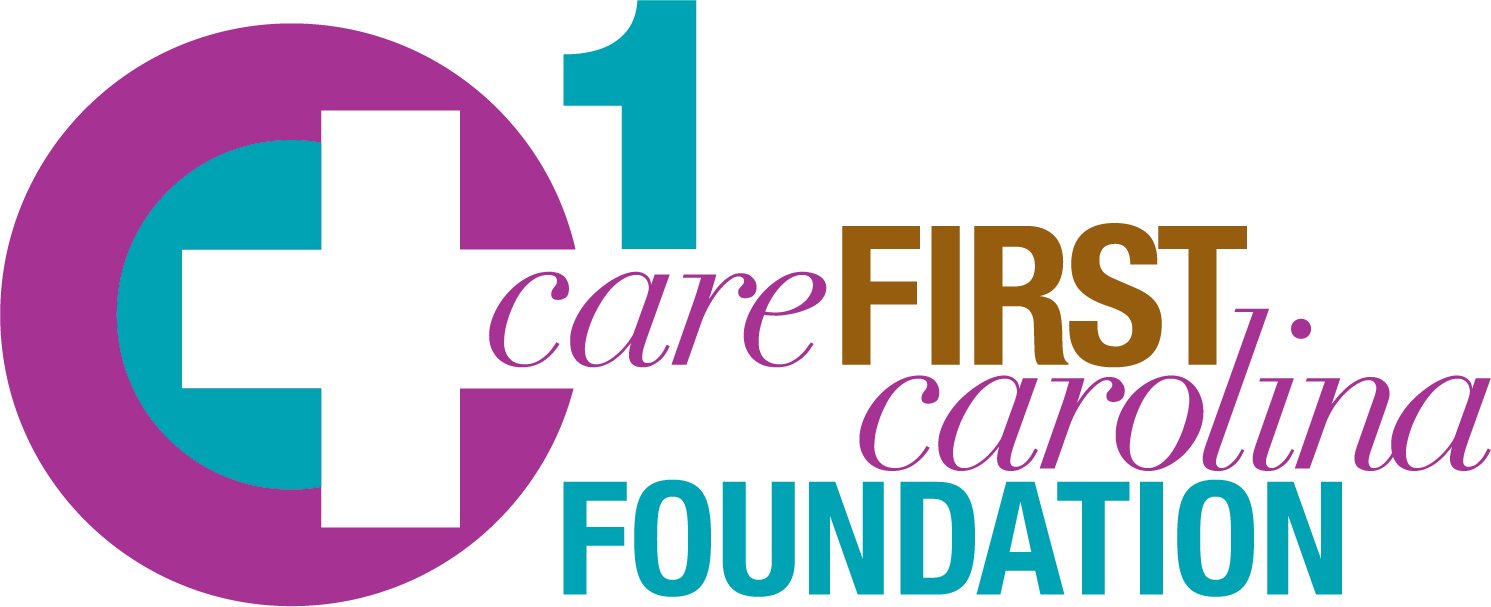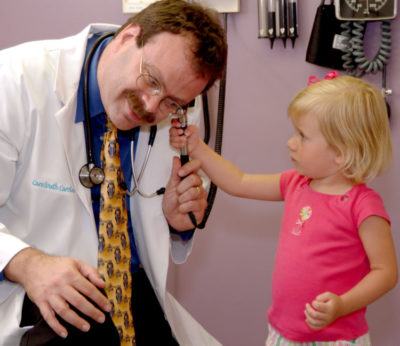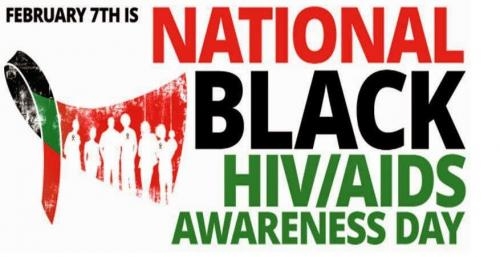
February 7 is National Black HIV/Aids Awareness Day
National Black HIV/AIDS Awareness Day (NBHAAD) is observed annually on February 7 to increase awareness, spark conversations, and highlight the work being done to reduce HIV in Black or African American communities in the United States and show support for people with HIV in these communities.
Blacks/African Americans account for a higher proportion of new HIV diagnoses and people with HIV, compared to other races/ethnicities. In 2018, Blacks/ African Americans accounted for 13% of the U.S. population but 42% of the 37,832 new HIV diagnoses in the United States and dependents areas. Most of those new cases were among men, according to the CDC.
When compared to all people, Blacks/African Americans have the lowest viral suppression rates, according to the latest numbers from the CDC. For every 100 Blacks/African Americans with HIV in 2018, 86 received a HIV diagnosis, just 63 received some HIV care, 48 were retained in care and 51 were virally suppressed.
Deaths
In 2018, there were 6,678 deaths among Black/African American people with diagnosed HIV in the U.S. and dependent areas.
Know Your Status
It is important for Black/African American people to know their HIV status so they can take medicine to treat HIV if they have the virus. Taking HIV medicine every day can make the viral load undetectable. People get and keep an undetectable viral load (or remain virally suppressed) can stay healthy for many years and have effectively no risk of transmitting HIV to their sex partners.
Prevention (According to NIH.Gov)
- Get tested for HIV. Talk to your partner about HIV testing and get tested before you have sex. Use this testing locator from the Centers for Disease Control and Prevention (CDC) to find an HIV testing location near you.
- Choose less risky sexual behaviors. HIV is mainly spread by having anal or vaginal sex without a condom or without taking medicines to prevent or treat HIV.
- Use condoms every time you have sex.
- Limit your number of sexual partners. The more partners you have, the more likely you are to have a partner with poorly controlled HIV or to have a partner with a sexually transmitted disease (STD). Both of these factors can increase the risk of HIV transmission.
- Get tested and treated for STDs. Insist that your partners get tested and treated, too. Having an STD can increase your risk of getting HIV or spreading it to others.
- Talk to your health care provider about pre-exposure prophylaxis (PrEP). PrEP is an HIV prevention option for people who don't have HIV but who are at risk of getting HIV. PrEP involves taking a specific HIV medicine every day to reduce the risk of getting HIV through sex or injection drug use. For more information, read the ClinicalInfo fact sheet on Pre-Exposure Prophylaxis (PrEP).
- Don't inject drugs. But if you do, use only sterile drug injection equipment and water and never share your equipment with others.




